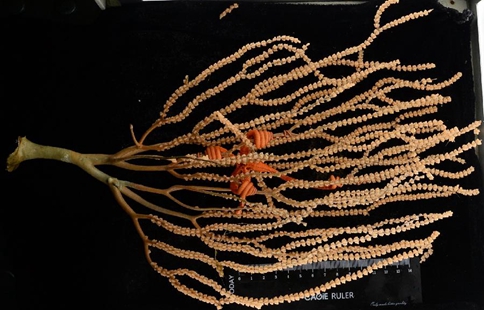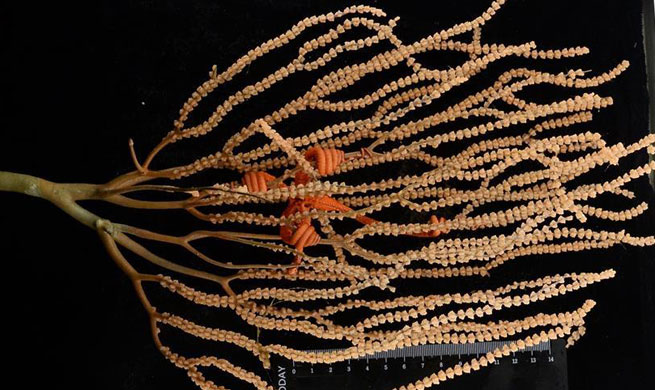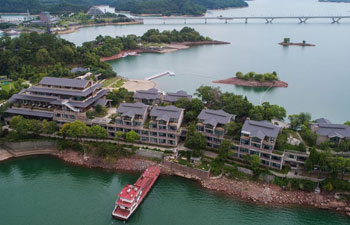The Qiantang River is proudly the No. 1 river in Zhejiang province and the mother river of Zhejiang people. The Qiantang River basin is one of the major birthplaces of the Chinese civilization. Undaunted by the turbulent tidal bore, generations upon generations of Zhejiang people have worked hard to turn the vast territory along the river into a land of wealth and promise .
THE CULTURAL DIMENSIONS OF THE QIANTANG RIVER
The Qiantang River is the cradle of Zhejiang civilization. As early as the Old Stone Age, the primitive Jiande Man lived in today' s Zhejiang province. Later on, there emerged Shangshan Culture, Kuahuqiao Culture, Hemudu Culture, Majiabang Culture and Liangzhu Culture, which all contributed to the standing and splendid civilization of Zhejiang. Zhejiang is also the earliest-known birthplace of rice cultivation, boat culture, jade culture as well as stilt style architecture; water well, lacquerware and porcelain in China.
HEROIC SPIRIT OF RIDING THE TIDES
The spirit of "Tide Riders" has played a pivotal role in the evolution of cultures that were born and have boomed surrounding the Qiantang River basin, most visibly in that of Hangzhou culture. “Dare to be First” is the very spirit that has catalyzed a long list of "World’ s Firsts" here — the world’ s first movable type printing, the world’ s first paper money (Jiaozi), the world’ s earliest surfing game and goldfish culture. The basin is also home to a number of revolutionary infrastructure projects like the Qiantang River protection seawalls, the Qiantang River Bridge, and the Xin’ anjiang Hydro-power Station.
EMBRACING OPENNESS
"Openness" is another cultural dimension of the Qiantang River. During the Tang and Northern Song dynasties, Hangzhou was already one of the top four ports in China. From the Qiantang River, boats were able to reach neighboring Wenzhou, Fuzhou, Quanzhou and Guangzhou, and sail as far as Japan and Korea in East Asia, territories and regions in Southeast Asia as well as West Asia. The Southern Song Dynasty made Hangzhou (then Lin' an Prefecture) the national capital. Thus, the Qiantang River became a magnet for vessels and ships loaded to capacity with all kinds of goods from home and abroad. Hangzhou in the Yuan Dynasty was an international metropolis where the Qiantang River was China' s gateway to the world.
PROMOTING CONNECTIVITY AND SHARED PROSPERITY
With its numerous tributaries, the Qiantang River showcases powerful connectivity. It increased mobility of goods and people, especially business people from Anhui province. Thanks to the construction of the southern part of the Beijing-Hangzhou Grand Canal initiated by Emperor Yang of the Sui Dynasty, the Qiantang River was catapulted to new heights. Back then, people and goods had easier access to inland prefectures like Wu (now Jinhua city) and Mu (now Chun’an county) westward and to seas and overseas eastward. The Qiantang River thus became a waterway artery connecting localities with the rest of the globe.
One of the significant contributions of the Qiantang River to world civilization can be defined as the ideals of "sharing culture", pursuing shared development and embracing the world. With its estuary so vast, the Qiantang River well embodied ocean culture. The Qiantang River basin was an important area from which the Chinese civilization spread overseas.
RENEWING THE CULTURAL DIMENSIONS
As time goes by, the cultural dimensions of the Qiantang River are constantly renewed through mutual-learning in an open and commanding manner.
MORE COMMITTED TO THE SPIRIT OF "RIDING THE TIDES"
The Qiantang River basin, especially the lower reach, has been at the forefront of China' s reform and innovation landscape. The very spirit of "Riding the Tides" has remained a constant source of inspiration and aspiration, mobilizing and motivating millions of Qiantang people to work hard. Qiantang people have created one legend after another through solid work. Wang Shuifu (Xizi UHC), Shen Aiqin (Wensli Group), Dai Tianrong (YOUCAN Group), Qiu Jisnping (GreatStar Industrial), Qi Jinxing (Bingjiang Real Estate), Yu Jianwu (Sundy Corporation) the list goes on. They are heroes of our times.
As reform and development continue, new challenges and difficulties emerge, but Qiantang people remain undaunted and ambitious. In the new era, legions of hardworking people are redoubling their efforts to maximize the positive spillover effects of the G20 Hangzhou Summit. On the global arena, people here are going all out to advance innovation and start-ups, turning reform and innovation into growth drivers that remove bottlenecks. The rise of The New 4th Army of entrepreneurs, represented by four vibrant communities, namely the higher education community, the Alibaba community, the community of returned overseas students and the community of Zhejiang business people, has made Zhejiang a promising land of innovation and start-ups.
GREATER OPENNESS
The Qiantang River basin is proudly the Chinese cradle of private economy. The basin presents a template for transforming and upgrading economy elsewhere. What has been done and achieved here has great implications for exploring new ways to achieve growth elsewhere in China. As we say in China, ‘It takes ten years to forge a sharp sword." It is the Qianjiang New CBD of Hangzhou, now a benchmark for creating towns and/or CBDs elsewhere in China. Industrial have sprung up resiliency, five of them have been listed on Top 500 Chinese Enterprises, and six have gone public on the Chinese mainland or elsewhere.
MORE COMMITTED TO CONNECTIVITY AND SHARED PROSPERITY
Booming E-commerce has created "zero-distance" connectivity between the Qiantang River and the rest of the world. Cross-border e-commerce in Zhejiang is literally rocking the powerhouse of international trade. The Qiantang River is embracing the world with an open mind and open arms to attract foreign investment and introduce everything that is new and innovative while exporting to the world famous Zhejiang brands.
In a recent survey, foreigners in China rated high-speed rail, Alipay, sharing bike and online shopping as the modern-day "Four Great Inventions of China." More than half of them were born in Hangzhou. In a world of high mobility and connectivity where wealth flows and flies, Zhejiang business people shake win-win hands with their international peers and reshape the global markets of resources with confidence and composure.



















